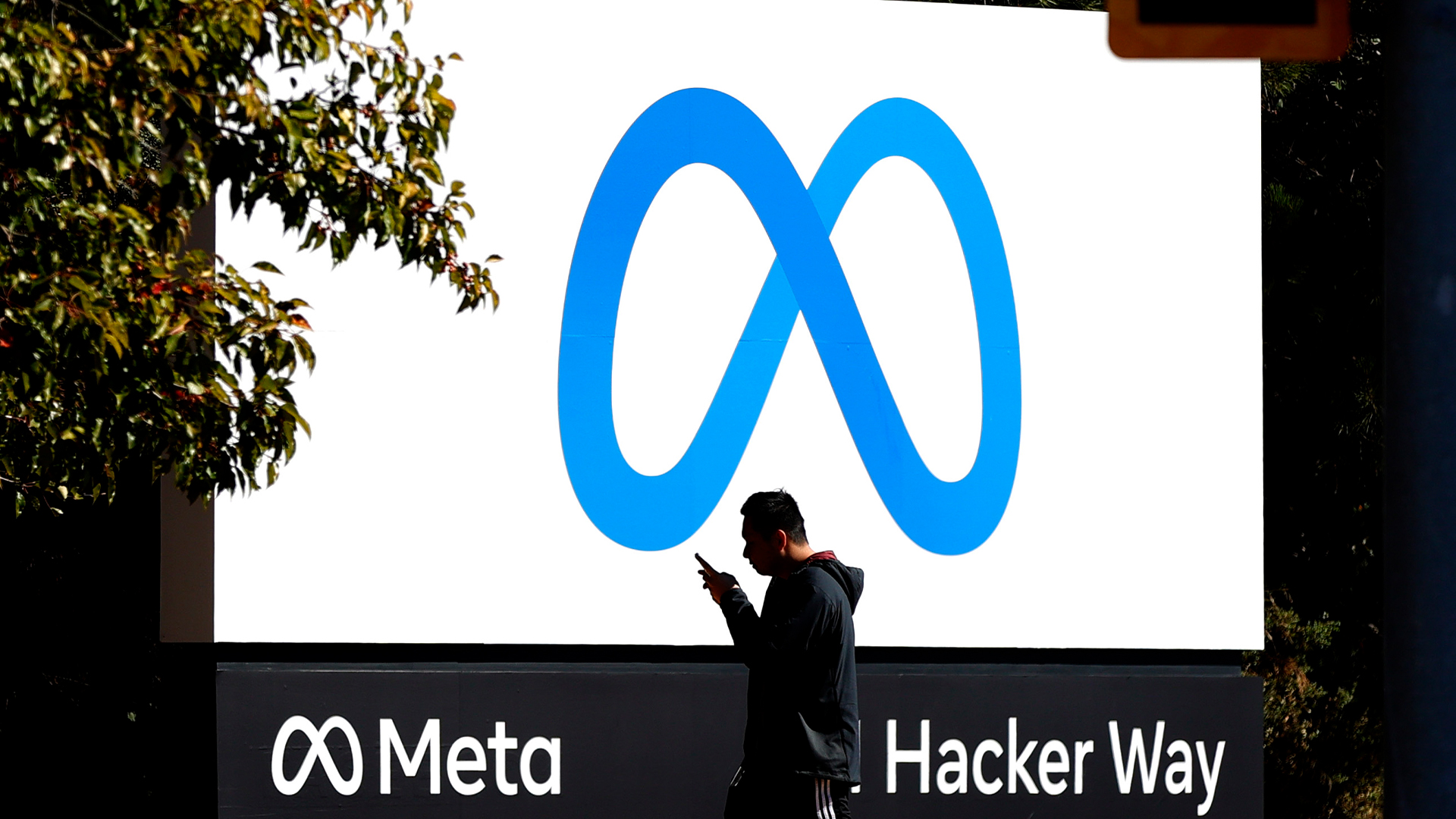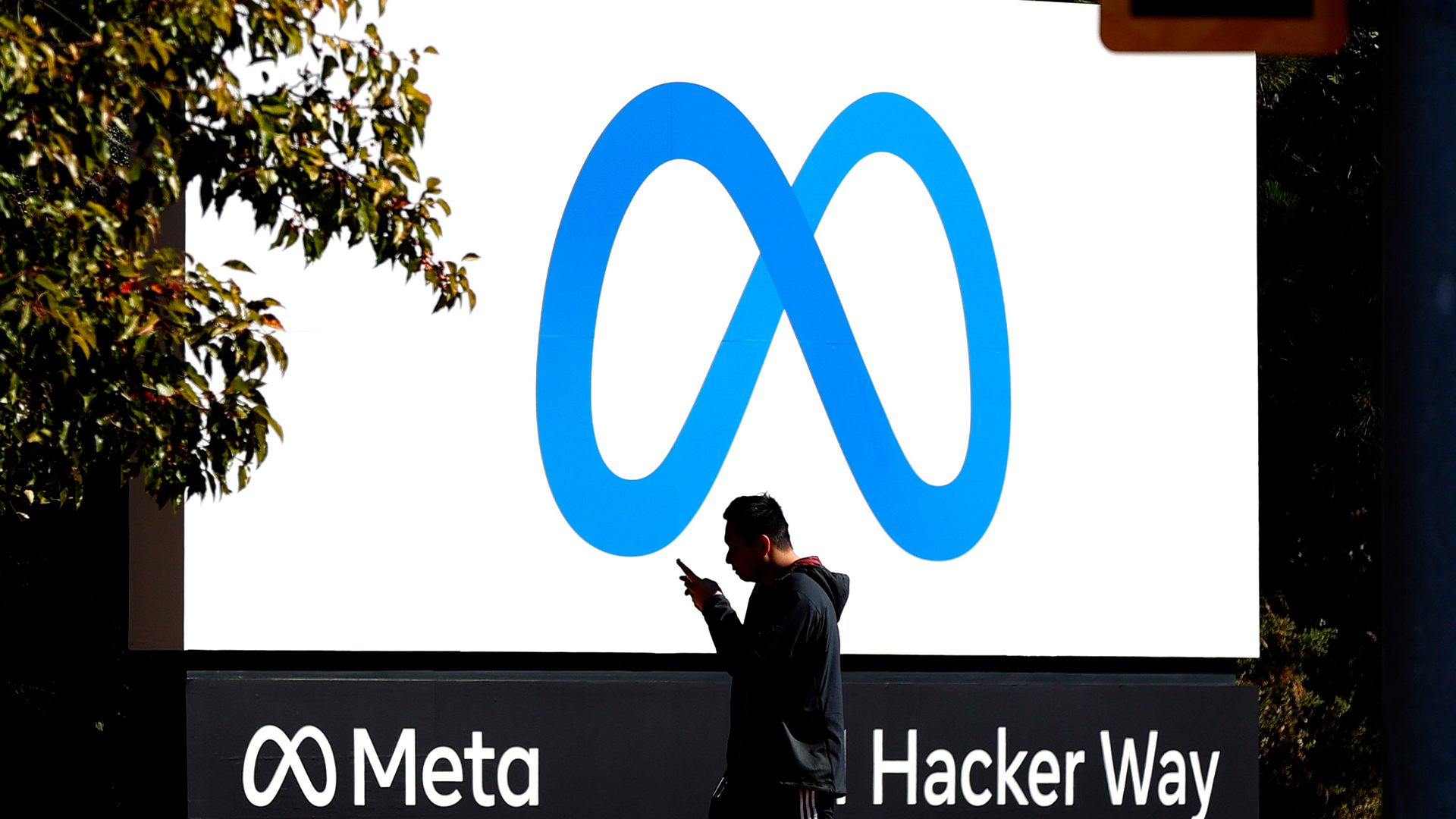Meta delays plans to train AI using European user data
Meta won't continue with plans to train AI models using European user data following backlash from privacy groups


Meta has confirmed it will pause plans to train AI systems using data from EU citizens and won't launch Meta AI in the region for the time being.
Outside the EU and UK, the company will continue with its plans to train its AI on users' Facebook and Instagram posts. The tech giant’s justification for using social media data for AI training is that this is content that users have chosen to make public.
"We are following the example set by others, including Google and OpenAI, both of which have already used data from Europeans to train AI," the company said.
"Our approach is more transparent and offers easier controls than many of our industry counterparts already training their models on similar publicly available information."
The company claimed that under the UK’s Data Protection Act and the EU’s GDPR, it had the legal right to collect data on the legal basis of ‘legitimate interests’.
"Specifically, we have legitimate interests in processing data to build these services and this means that people can object using a form found in our Privacy Centre if they wish," it said.
However, data protection authorities aren't happy. The Irish Data Protection Commission (DPC), which regulates Meta in the EU, expressed concerns, along with several national data protection authorities across the region.
Sign up today and you will receive a free copy of our Future Focus 2025 report - the leading guidance on AI, cybersecurity and other IT challenges as per 700+ senior executives
Meanwhile, privacy campaign group Noyb filed complaints in 11 European countries, asking their respective data protection authorities to prevent the move before it comes into force at the end of the month.
Now, Meta has bowed to the pressure and announced that it will pause its plans in the UK and EU.
"We’re disappointed by the request from the Irish Data Protection Commission (DPC), our lead regulator, on behalf of the European DPAs, to delay training our large language models (LLMs) using public content shared by adults on Facebook and Instagram — particularly since we incorporated regulatory feedback and the European DPAs have been informed since March," the company said in a statement.
Meta insisted that the pushback is a “step backwards for European innovation” and “further delays” bringing the benefits of AI to people across Europe.
RELATED WHITEPAPER

Despite the move, Meta said it's still confident its approach complies with European laws and regulations. In addition, the tech giant said that without including local information it would only be able to offer people a 'second-rate experience' - leading it to suspend the launch of Meta AI in the UK and EU.
While the move might be seen as an attempt to call the EU's bluff, it's been welcomed by the DPC, which said it will continue to engage with Meta on the issue.
The UK’s Information Commissioner’s Office (ICO) also welcomed the decision to delay the AI training plans.
"In order to get the most out of generative AI and the opportunities it brings, it is crucial that the public can trust that their privacy rights will be respected from the outset," says Stephen Almond, the ICO's executive director for regulatory risk.
“We will continue to monitor major developers of generative AI, including Meta, to review the safeguards they have put in place and ensure the information rights of UK users are protected.”
Emma Woollacott is a freelance journalist writing for publications including the BBC, Private Eye, Forbes, Raconteur and specialist technology titles.
-
 The six biggest security challenges coming in 2026
The six biggest security challenges coming in 2026In-depth What will be the main challenges businesses face in 2026 and what can they do to prepare?
-
 Channel focus: All you need to know about Microsoft's partner program
Channel focus: All you need to know about Microsoft's partner programChannel Focus The veteran OS developer and vendor continues to advance its strategy, particularly in Azure cloud solutions and AI
-
 Why Meta could face a hefty EU fine over its 'pay or consent' ad model
Why Meta could face a hefty EU fine over its 'pay or consent' ad modelNews The European Commission said Meta is failing to offer users a valid option for equivalent services that doesn't involve tracking and targeting
-
 Firms have paid out more than $4.8 billion in GDPR fines since 2018
Firms have paid out more than $4.8 billion in GDPR fines since 2018News Tech giants headquartered in Ireland attract the biggest GDPR fines
-
 Meta faces $100,000 daily fine for harvesting user data to power ads
Meta faces $100,000 daily fine for harvesting user data to power adsNews The Norwegian data protection authority’s ruling could set a precedent for other regulators
-
 Meta to fight “unjustified” record $1.3 billion GDPR fine
Meta to fight “unjustified” record $1.3 billion GDPR fineNews The company has been ordered to cease EU-US data transfers
